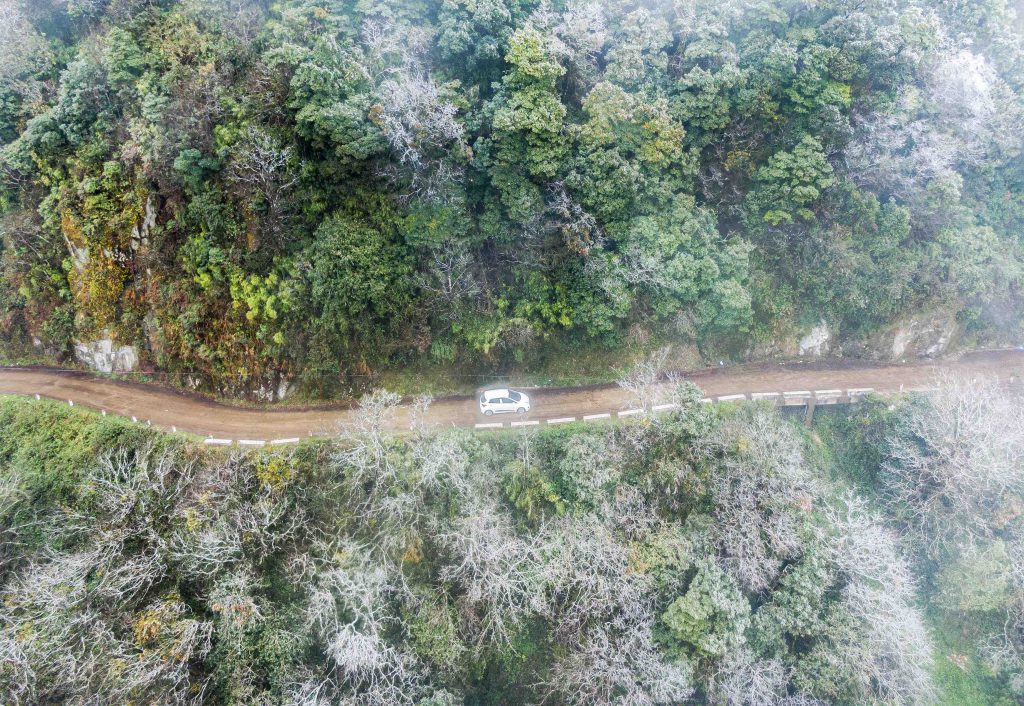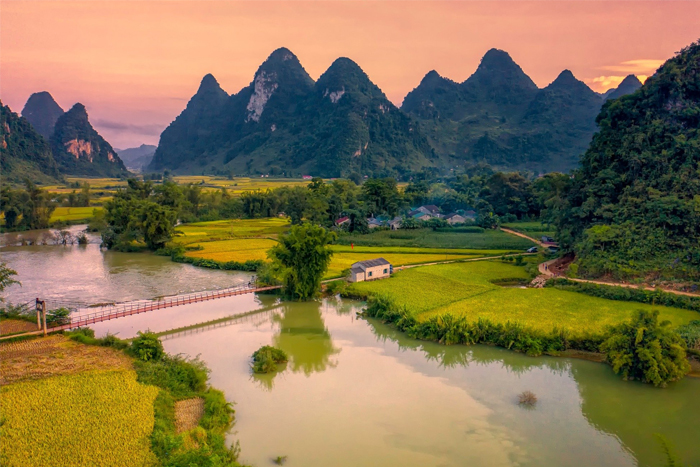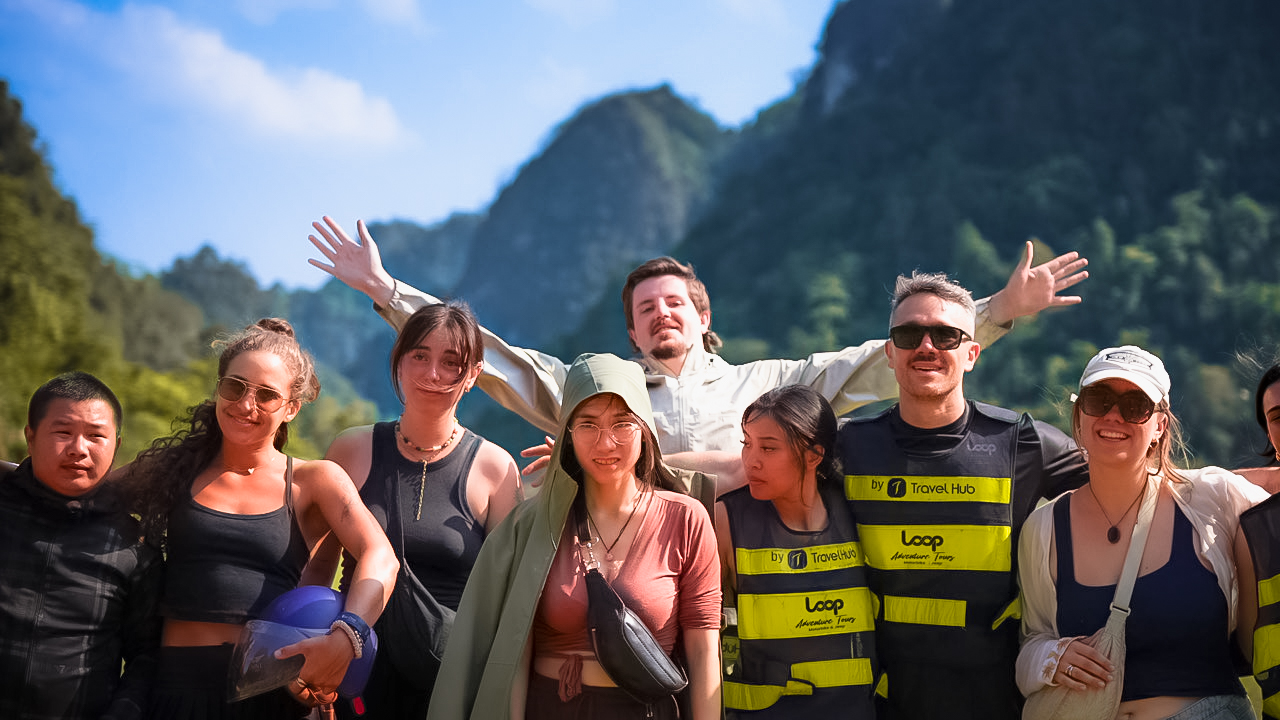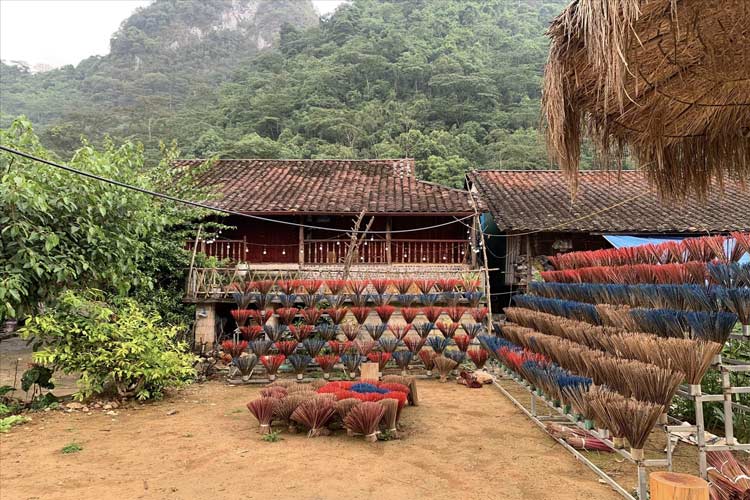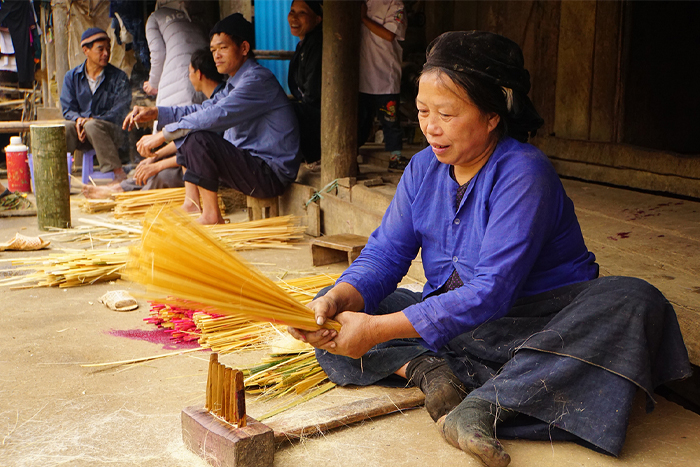Vietnam is a vibrant country known for its stunning landscapes, rich history, and warm hospitality. From the bustling streets of Hanoi and Ho Chi Minh City to the serene beauty of Ha Long Bay and the Mekong Delta, Vietnam has become a favorite destination for travelers worldwide. However, one question often arises: Is it safe to travel in Vietnam?
Recommended Tours for You:
Is it safe to travel in Vietnam?
Many people wonder: Is it safe to travel in Vietnam? - The short answer is yes—Vietnam is generally a safe country for travelers. Violent crime rates are low, and the local people are friendly and welcoming. However, as with any destination, being prepared and informed can make your trip safer and more enjoyable. Here are 10 things you should know about safety when visiting Vietnam.
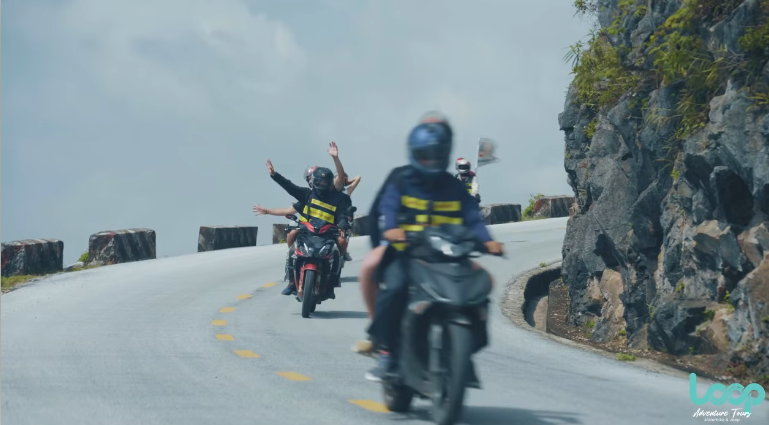
10 things you should know when you visit Vietnam
Low Crime Rate but Stay Cautious
Vietnam is known for its low violent crime rate, making it a relatively safe country for tourists. Petty crimes like pickpocketing and bag snatching can occur in busy areas, especially in large cities such as Hanoi and Ho Chi Minh City.

- Tips:
- Keep your belongings secure in crowded areas.
- Avoid wearing flashy jewelry or carrying large sums of cash.
- Use crossbody bags or money belts for added security.
Traffic Can Be Chaotic
Traffic in Vietnam, especially in major cities, is famously chaotic. Motorbikes dominate the streets, and the lack of clear traffic rules can be overwhelming for first-time visitors.

- Tips:
- When crossing the street, walk slowly and predictably. Vehicles will navigate around you.
- Consider using ride-hailing apps like Grab for safe and reliable transportation.
- Wear a helmet if you’re riding a motorbike, and ensure you have an International Driving Permit if you plan to drive.
Food Safety: Delicious but Mindful
Vietnamese cuisine is world-renowned, and street food is a must-try. However, foodborne illnesses can be a concern if you're not careful.
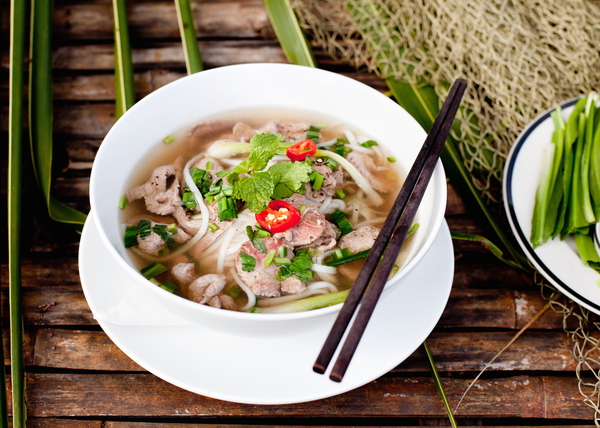
- Tips:
- Choose stalls that are busy and have high turnover, as the food is likely fresher.
- Avoid raw or undercooked dishes, especially seafood.
- Drink bottled water and avoid ice in beverages unless you’re sure it’s made from filtered water.
Scams: Know the Common Ones
While most locals are honest and helpful, tourists may encounter scams in Vietnam, such as inflated taxi fares, counterfeit goods, or overcharging at markets.
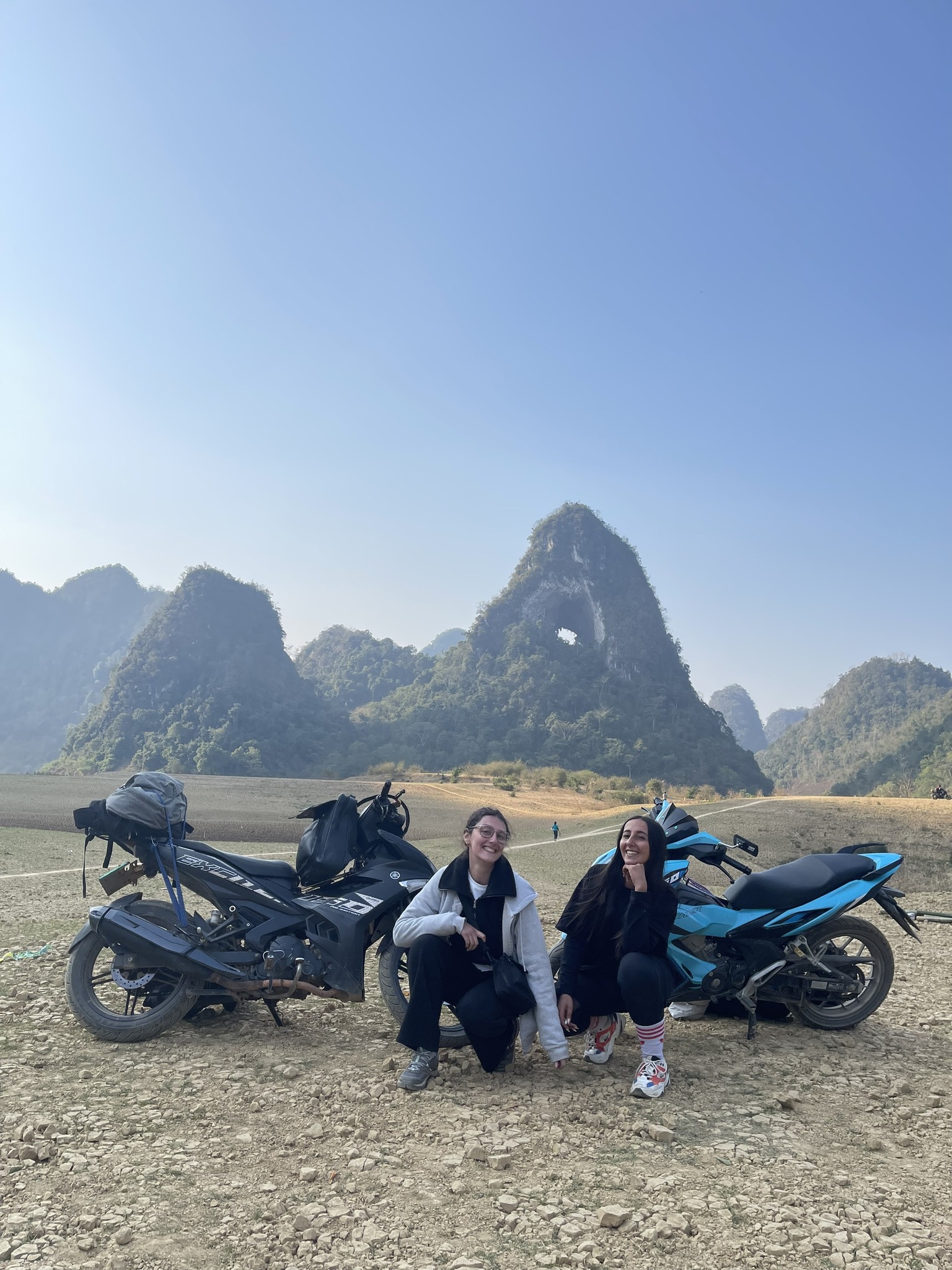
- Tips:
- Use ride-hailing apps to avoid being overcharged by taxis.
- Always agree on a price before purchasing items or services.
- Familiarize yourself with the local currency to avoid confusion when paying.
Health and Vaccinations
Vietnam’s healthcare system has improved significantly, but facilities in rural areas may be limited. It’s essential to take precautions to stay healthy during your trip.
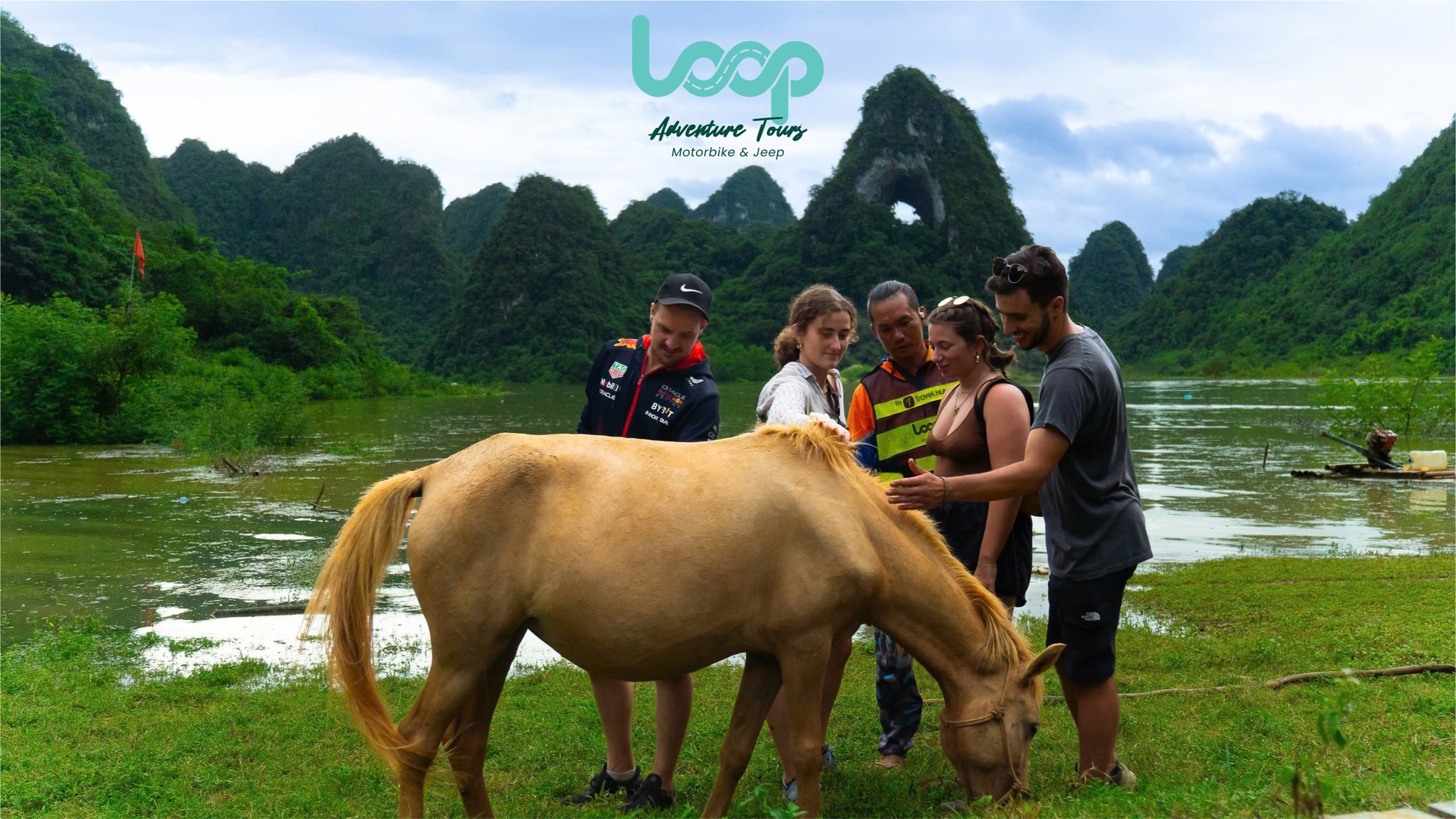
- Tips:
- Ensure you have travel insurance that covers medical emergencies.
- Check recommended vaccinations, including Hepatitis A, Typhoid, and Tetanus, before traveling.
- Use insect repellent to protect against mosquito-borne illnesses like dengue fever.
Weather-Related Safety
Vietnam’s weather varies greatly by region and season. The country experiences typhoons and heavy rains from May to October, which can cause flooding in some areas.
- Tips:
- Check the weather forecast before traveling, especially during the rainy season.
- Avoid traveling to areas prone to flooding or landslides.
- Pack a raincoat and waterproof shoes if you’re visiting during the rainy season.

Cultural Sensitivity
Vietnamese people are known for their hospitality, but understanding and respecting local customs is crucial.
- Tips:
- Dress modestly when visiting temples or pagodas.
- Remove your shoes before entering someone’s home or certain religious sites.
- Avoid discussing sensitive topics such as politics or the Vietnam War.
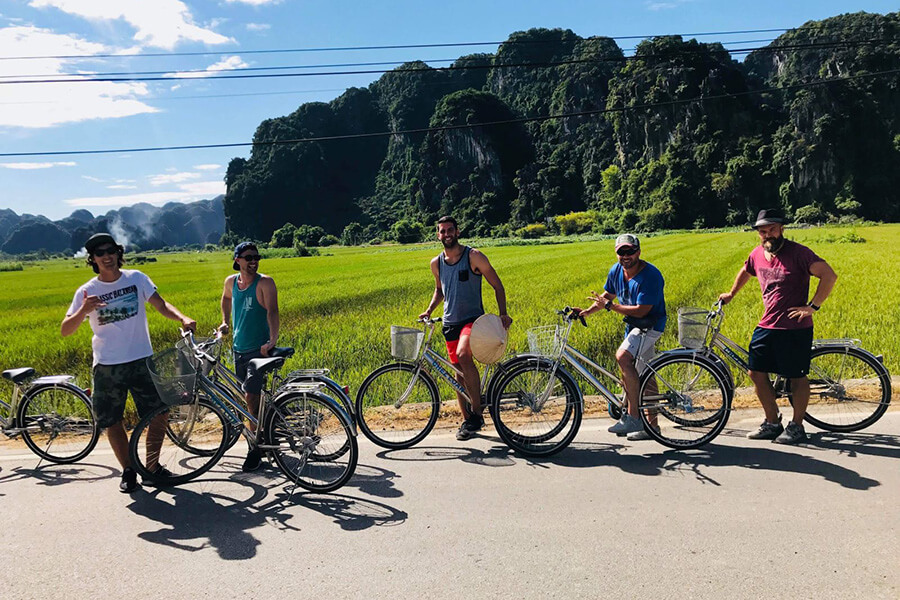
Transportation Safety
Transportation in Vietnam is generally safe, but accidents can happen, particularly on long bus rides or motorbike trips in rural areas.
- Tips:
- Choose reputable transportation companies for long-distance travel.
- Wear a seatbelt on buses and cars whenever possible.
- Consider hiring a driver or joining a guided tour if you’re not confident navigating Vietnam’s roads.
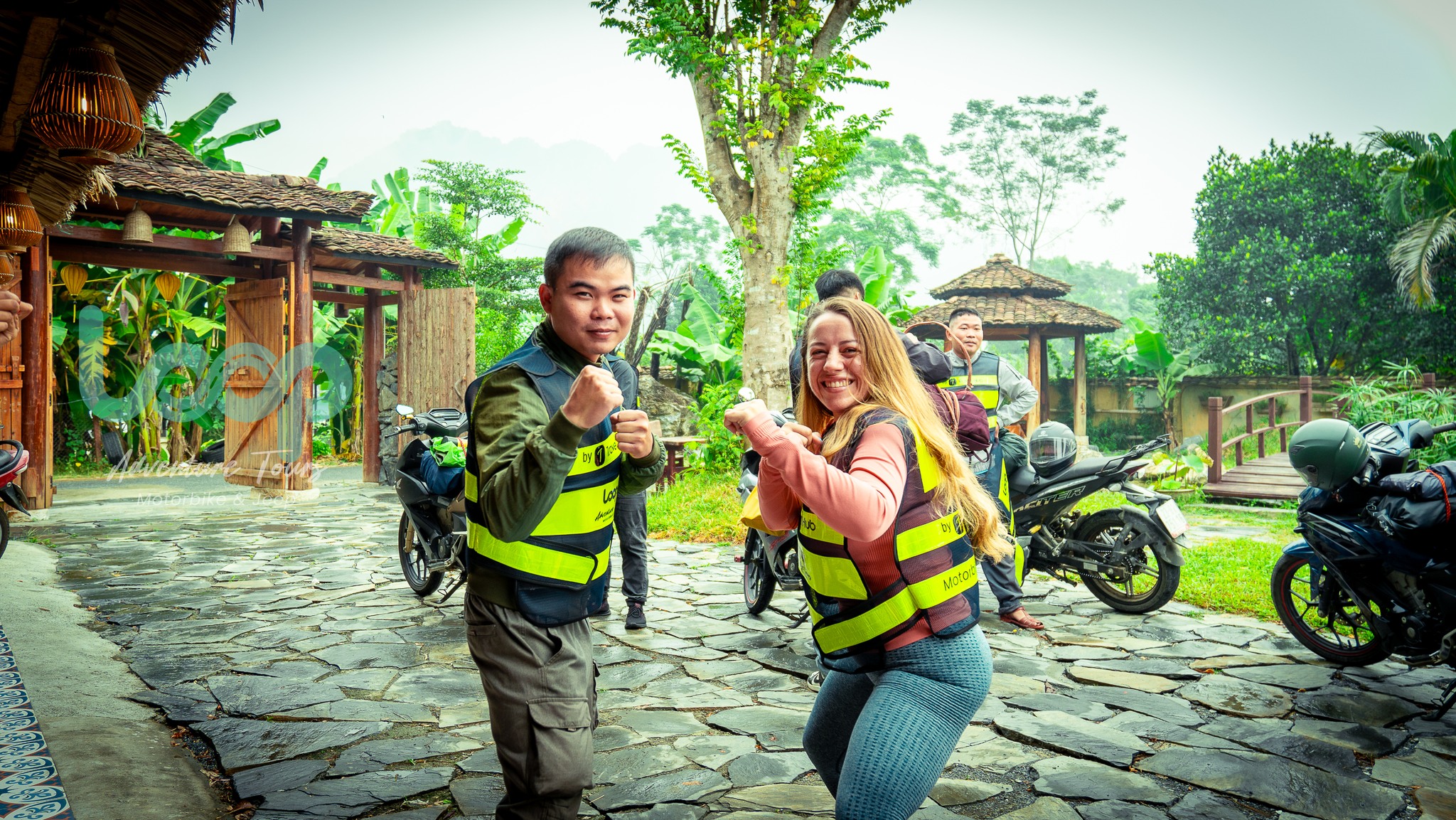
Emergency Contacts and Resources
Knowing what to do in an emergency can make a big difference if something goes wrong during your trip.
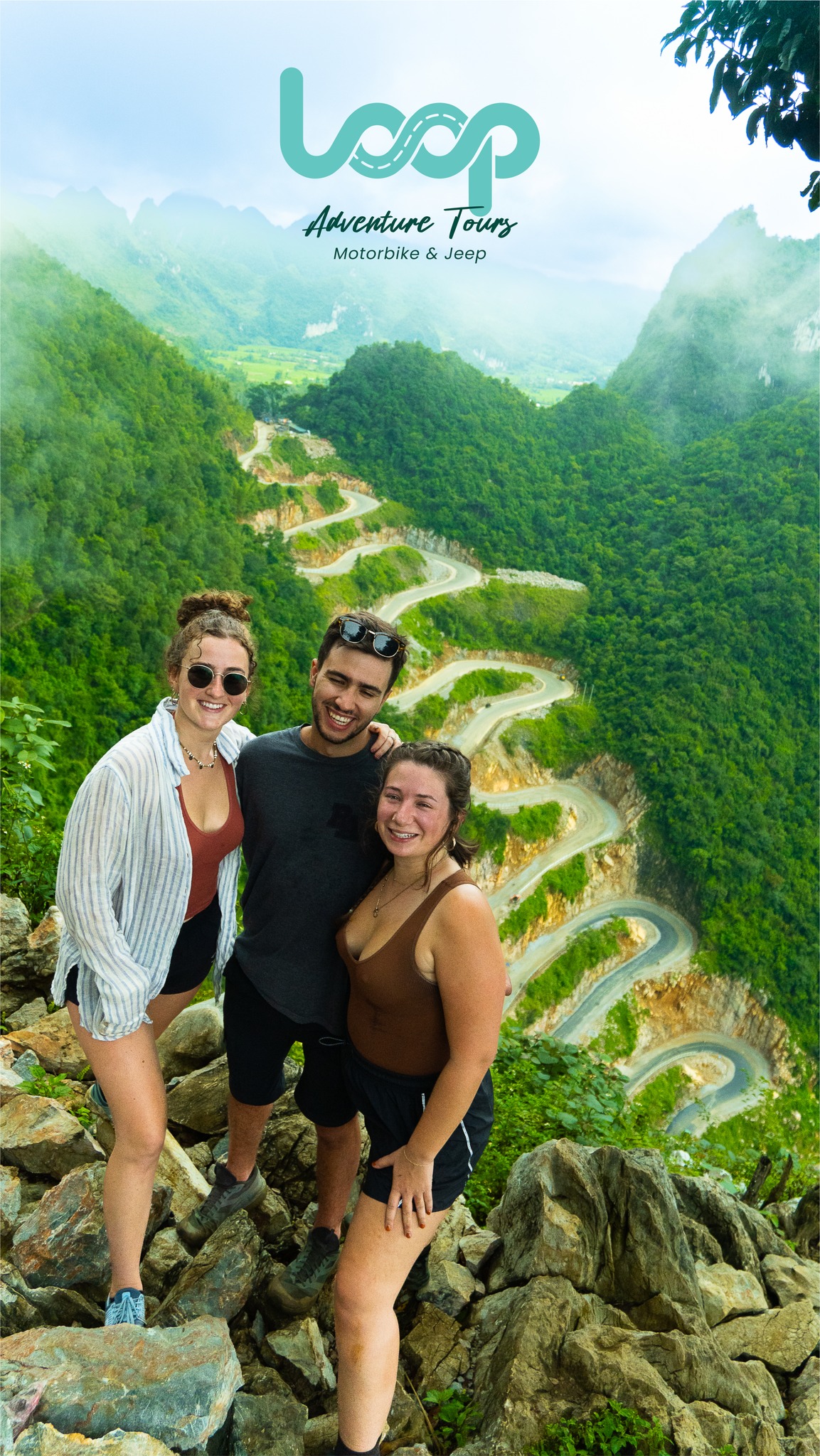
- Tips:
- Save important numbers, such as the local police (113), fire services (114), and medical emergencies (115).
- Know the location of your country’s embassy or consulate.
- Keep a copy of your passport and travel documents in case they’re lost or stolen.
Stay Connected and Aware
Having access to the internet and staying aware of your surroundings can significantly enhance your safety while traveling.
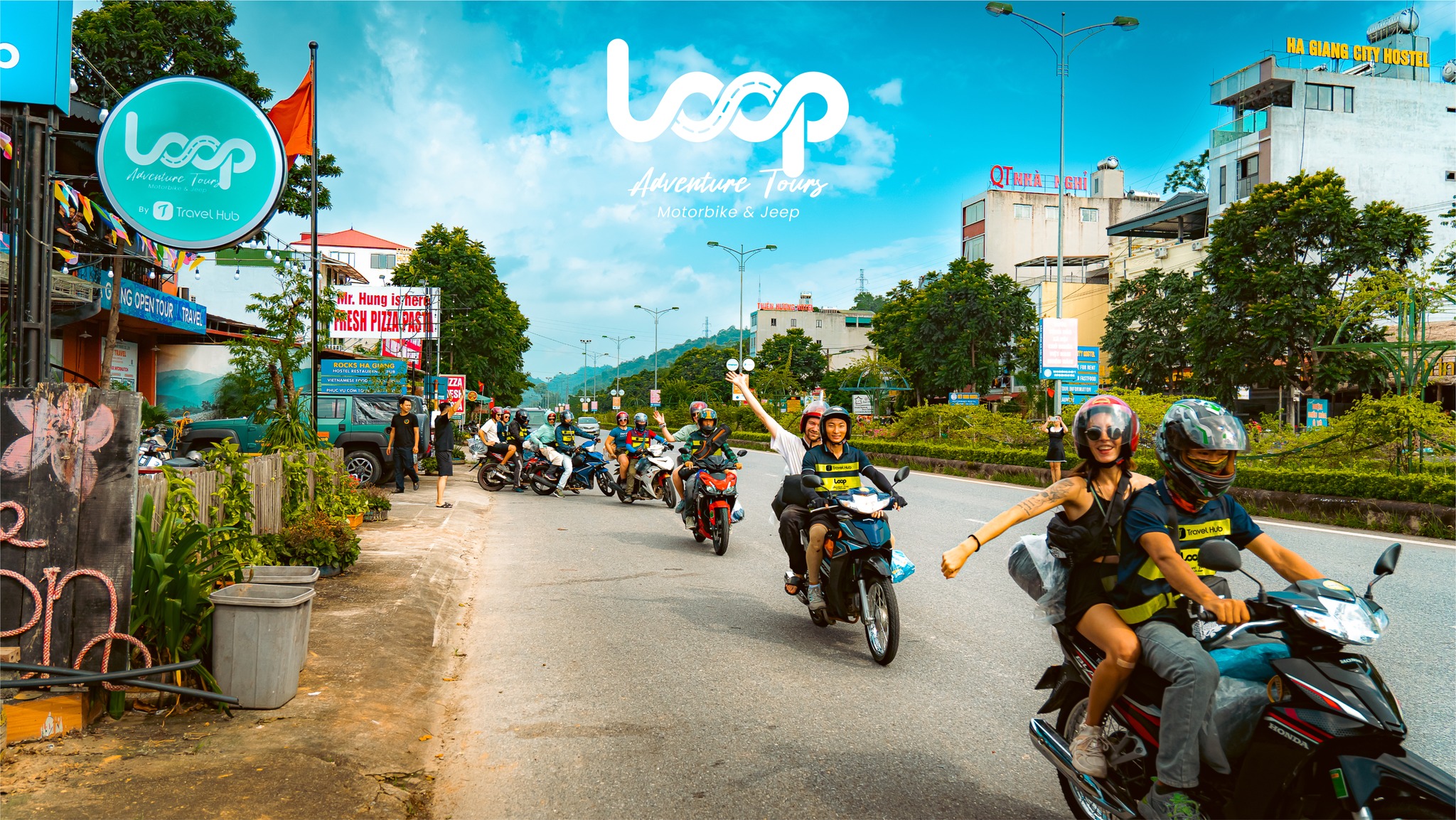
- Tips:
- Get a local SIM card or portable Wi-Fi device to stay connected.
- Use Google Maps or trusted apps to navigate.
- Always let someone know your itinerary, especially if you’re traveling solo.
Final Thoughts: Is Vietnam Safe for Travelers?
Overall, Vietnam is a safe destination for travelers of all types. Whether you're exploring bustling cities, relaxing on pristine beaches, or trekking through remote mountains, the country offers a wide range of experiences with minimal safety concerns. By staying informed, exercising caution, and respecting local customs, you can enjoy a memorable and trouble-free trip.
Plan your journey with confidence and get ready to immerse yourself in the beauty, culture, and hospitality that Vietnam has to offer. With these 10 safety tips, you’ll be well-prepared to make the most of your adventure in Vietnam! If you want to book a tour in Vietnam, you can contact: +84329196074.




